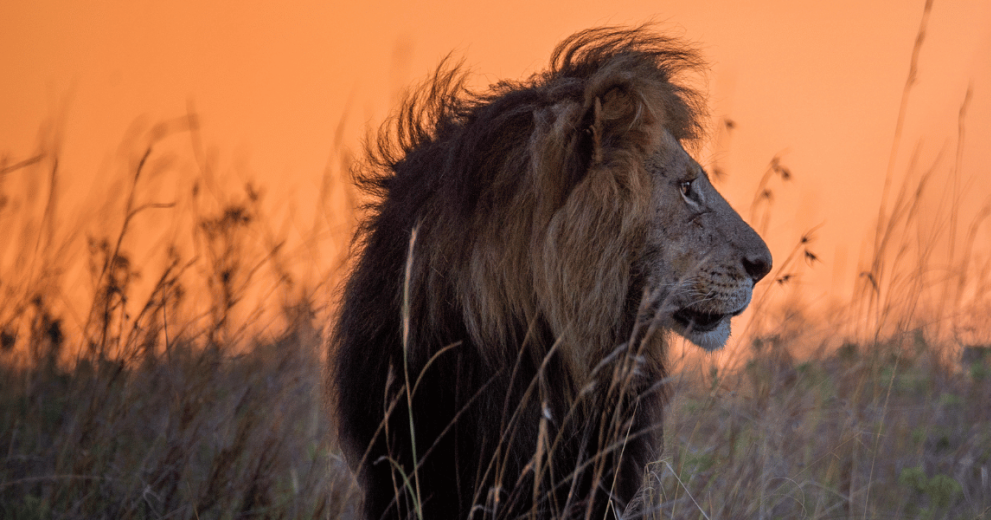Will you help secure a future for Africa’s noble big cats?
If we lose lions, the entire ecosystem of their habitats will be changed forever. The path we choose now will determine the very future of this wonderful, and vital, species.
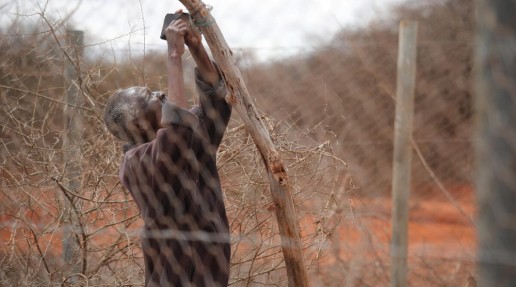
£10
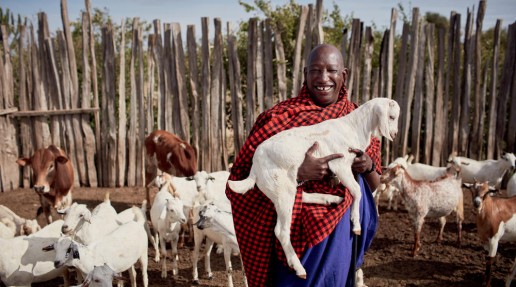
£20

£50
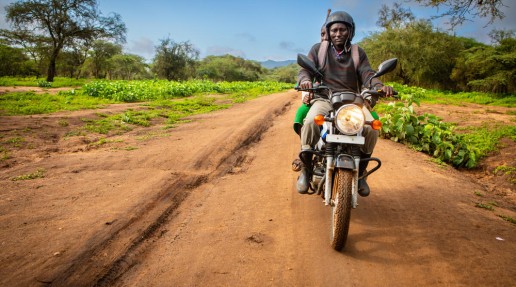
Donate an amount
A Carnivore Crisis
Since the 1990s, lion numbers have plummeted. Habitat loss and fragmentation of their range means there’s just half the lions roaming Africa than there were 30 years ago.
The loss of their habitats means lions more frequently encounter people. They someimes prey on livestock, which can result in fatal attacks on people too. Lions are revered in Africa, but farmers often feel forced to kill them to protect their families and livelihoods.
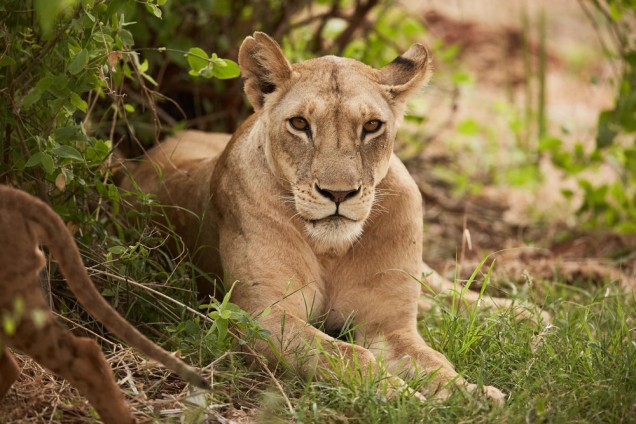
Living with Lions
The foundations are already there to support practical ways for people and lions to coexist safely, but we need your help. We need to reduce lethal lion attacks by working with farmers to protect their livestock.
We’ll do that by working directly with communities to understand the challenges that living with lions pose, helping them construct secure bomas (livestock enclosures), and funding solar-powered LED lighting and noise deterrents, so farmers can scare the big cats away and reduce human-lion conflict.
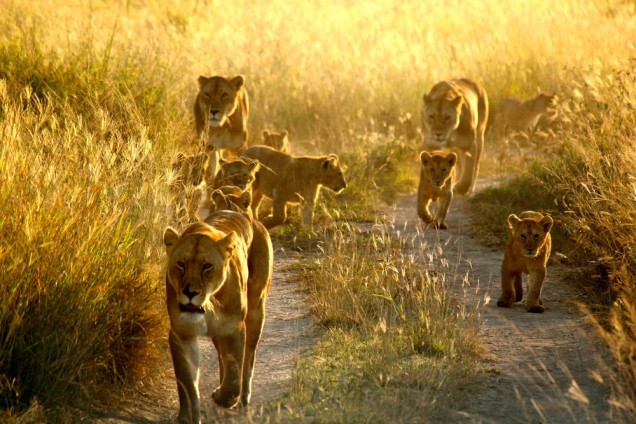
Creating Connectivity
We've got big plans. Rather than just maintain the remaining lion numbers, we want to double them by 2050.
With your help, we can make sure that impactful lion conservation efforts are joined-up across African range countries. Our partners in Kenya and northern Tanzania are leading the way on that right now.
Given the chance, lions can bounce back really quickly. Together we can make sure future generations still get to see lions in the wild – rather than just in books, on screens, or in enclosures.
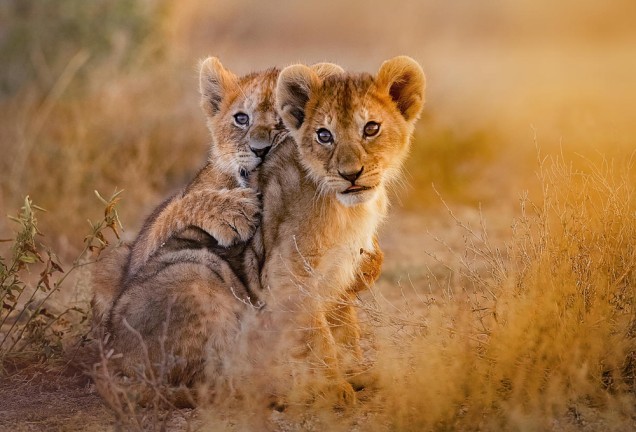

£10

£20

£50

Donate an amount
Thank you. Your donation will help our work securing a future for lions and the communities they live alongside and carry out other vital work around the world.
